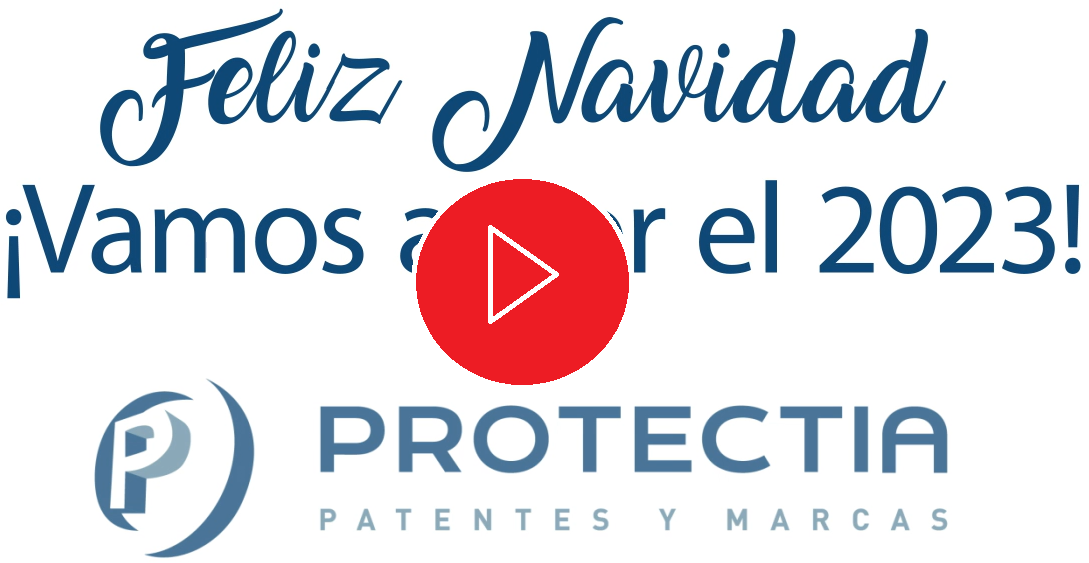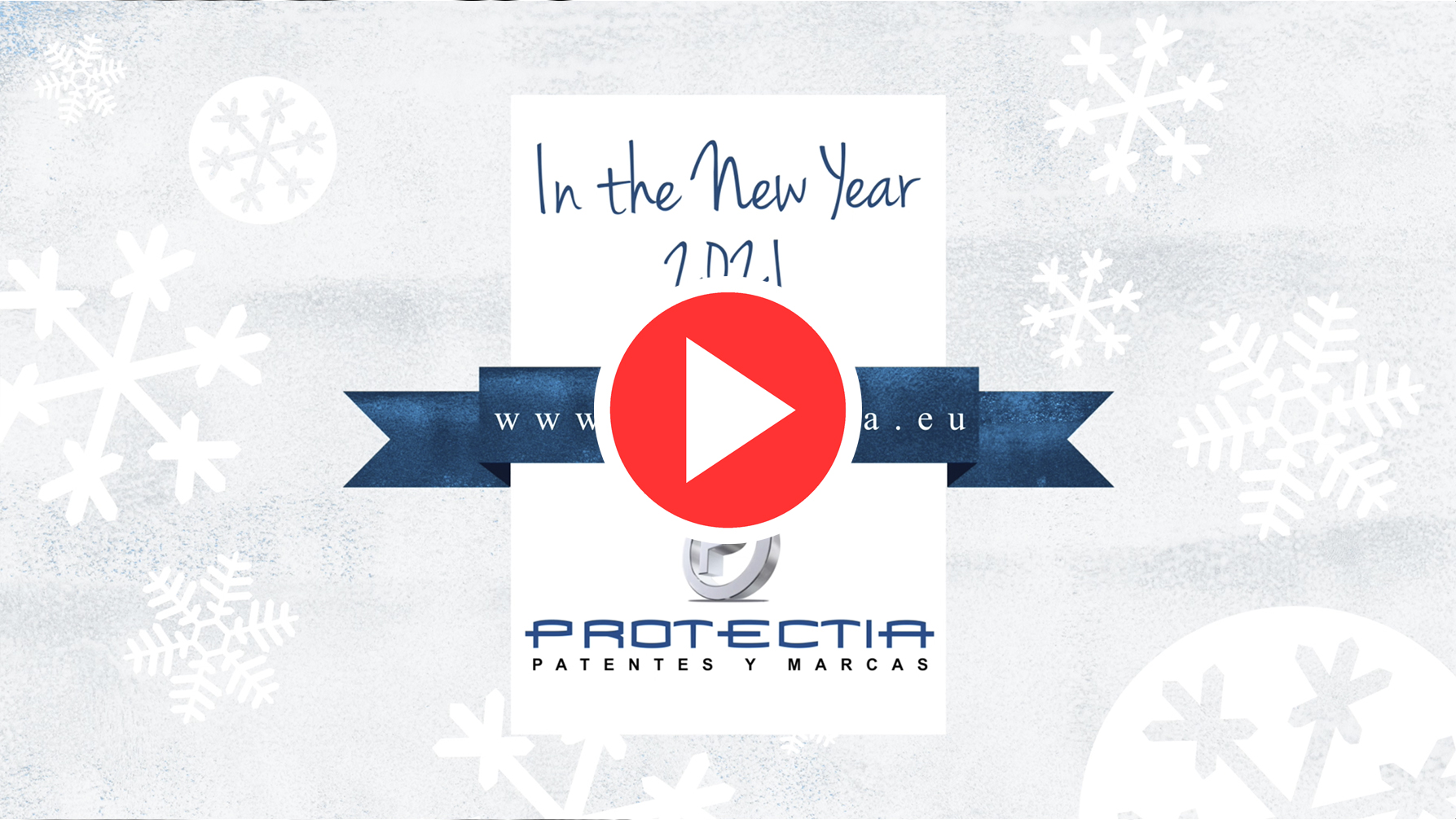The agreement known by the name of Patent Prosecution Highway (PPH) allows a patent applicant to request the accelerated process in another office participating in the PPH project.
By Ana Bueno, Protectia patent technician and expert in chemical, pharmaceuticals and biotechnological materials, and Alvaro González, attorney-at-law and Official Patent and Trademark Attorney.
In Protectia, due to our extensive experience and level of expertise in the field of patents, we know well the long road that involves the processing of a registration: starting with its deposit in the Industrial Property Office of origin, until the granting of those titles which will allow the commercialization of the object protected by said invention, with sufficient guarantees, in those countries in which can be found the product consumer.
On this regard, note particularly the tortuous path pharmaceuticals products must go before reaching the goal of being placed on the market. This route starts from the first stage of development of a new active substance, the starting point for the filing of an application for a new patent, even before to determine under which pharmaceutical form may be sold or which will be its commercial impact.
This transaction contains a long intermediate station, which can last for several years, although it is necessary and decisive for the filing process. This stage is constituted by the examination of the new patent application, regarding the legal requirements for patentability set for its granting by the relevant administration.
This rest often implies a complicated task of discussion or adaptation between the administration and the applicant, in what we might consider a contradictory stage, and allows patent to continue its journey until reaching the goal of granting. This intermediate in the process has to take place as often as national or regional offices are involved in the granting process, in intrinsic relation with the number of countries in which the applicant intends to protect its product.
Now the Spanish Office of Patents and Trademarks, in its effort to promote Spanish inventions, has done more affordable the protection abroad, and has also signed bilateral agreements with Patent Offices in other countries, within the framework of the internationalization of Spanish patents. These agreements are known by the name of Patent Prosecution Highway or PPH, driven within the framework of the famous IP PLAN.
The PPH highway allows a Spanish patent applicant to request the accelerated process in another office of a country participating in the PPH project
Adhering to this project, this mandatory intermediate stage will be reduced in each and every one of the countries of interest belonging to PPH, whose offices shall exchange information concerning the examination of the patentability requirements, thereby avoiding unnecessary duplication of efforts and therefore accelerating the granting procedure.
Broadly speaking, not to exhaust the reader, in the ordinary procedure of granting of a patent in Spain, after the filing of the application is necessary to wait more than eighteen months for the issuing of the Report on the State of the Art (RSA), which evaluates the patentability requirements (the novelty, the inventive activity and industrial application), often starting with this moment a stage of contradictory between the administration and the applicant, in order to discuss or defend the application in relation to such requirements. To reduce this wait, it is possible to opt for the accelerated registration procedure, with the possibility to reach the adversarial phase in about six months, which significantly speed up the delay time for the inventions holders.
Similarly, the highway PPH allows transfer this accelerated process to other offices of foreign patents, substantially shortening the terms of national or regional processing.
This is a pilot project that began in October 2010 which now involves 20 national offices and one regional (EPO) and under which Spain has already signed agreements with the Japanese, American, Canadian, Korean, Portuguese, Finnish, Russian and Mexican Patent Office.
In Protectia Patents and Trademarks we are expectant about the results of this project and about the impact it will have on the granting of our clients’ patents, since in all cases the terms involving the internationalization of a patent are excessively long to them, and an effective help by the administrations to shorten these procedures would be very welcome.
Let’s focus now in the specific impact of this measure in the field of pharmaceutical patents.
Until now, pharmaceutical patents holders just had, as compensation to the efforts for the protection of I+D+I, a legal instrument called Supplementary Protection Certificate (SPC).
The International Legal Order includes this modality on the REGULATION (EC) nº 469/2009 of the European Parliament and of the Council, concerning the supplementary protection certificate for medical products.
This legislation provides the basis of a registration method of up to five additional years to the patent in order to compensate the time of delay before obtaining the approval for commercialization by the state health authority having jurisdiction under the provisions of Directive 2001/83/CE which determines a community code about medical products for human use.
However, this formula that laboratories can and must use is considered unfair and outdated as inoperative, in the relationship between brand and generics drugs, resulting in many occasions as a method too limited regarding the extension time to compensate the temporary return yielded by the laboratories. The SPC do not solve the problem indicated with which the pharmaceutical industry is, so, in this sector, it is necessary to file patent applications in a very early stage, during the development process of new drugs.
This, the Law allows to protect the chemical formulas hoping to lead, after many years of research and development, new medicines available to patients.
To alleviate as far as possible this situation, the PPH project is a valid alternative to accelerate the acquisition of the rights that researchers of human health have meritoriously earned.
We truly hope the project will be consolidated.



